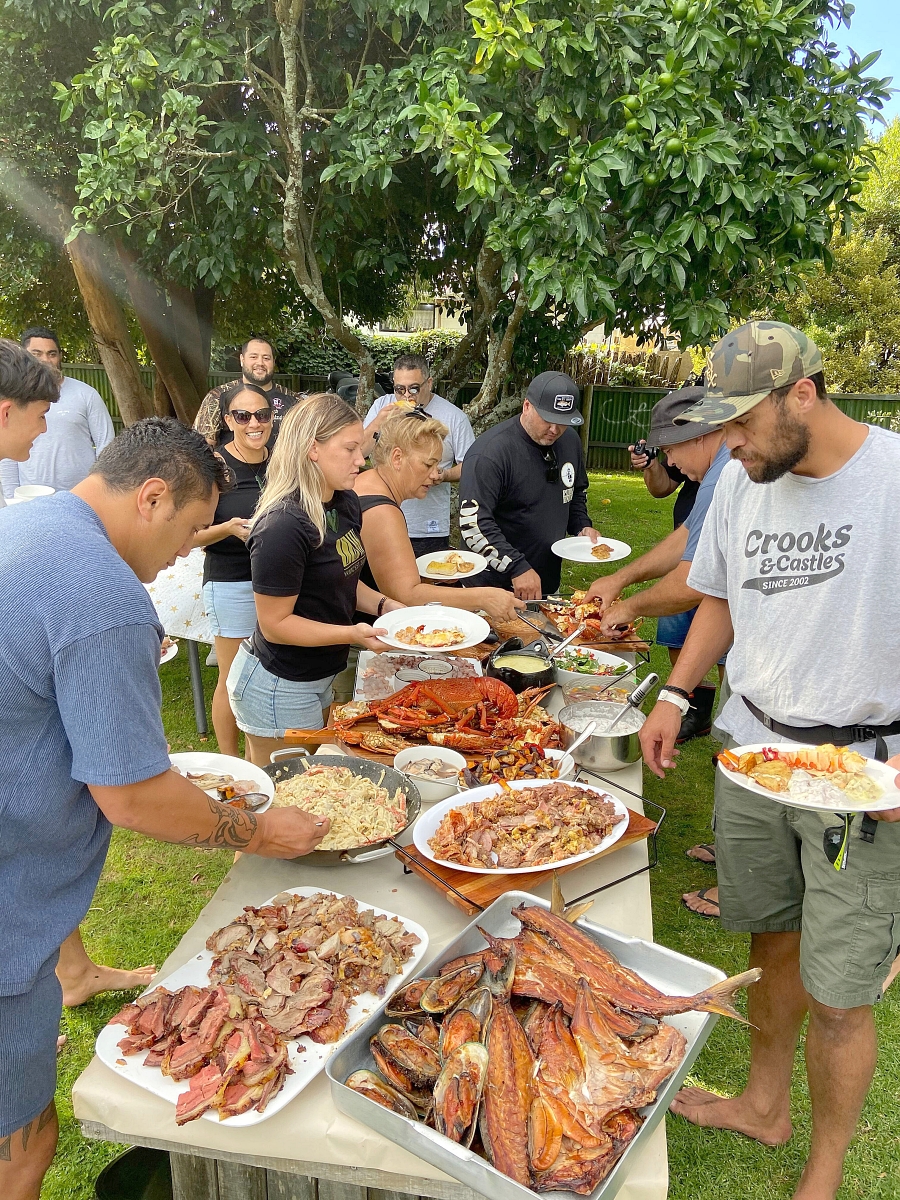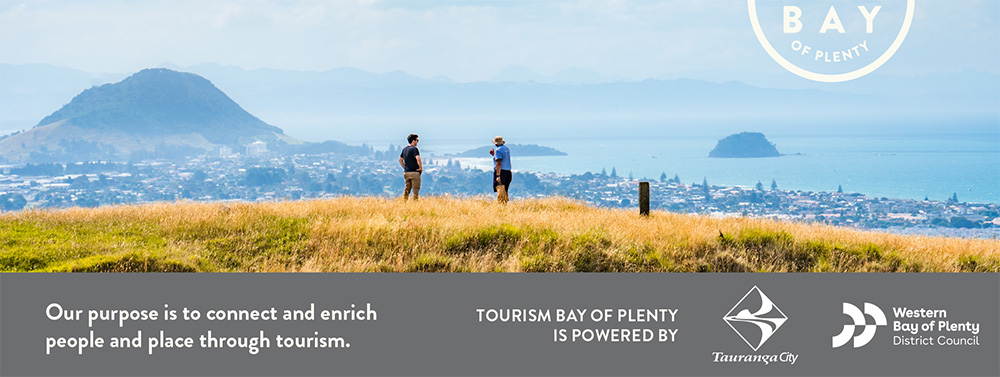The need to be adaptive and resilient has been drummed into all of us during the events of the past few years. New Zealand’s tourism sector is no exception. Its share of the international travel market rebounded nicely as soon as the country’s strict Covid-related border closure finally eased, but Tourism Bay of Plenty general manager Oscar Nathan is understandably cautious about other headwinds his sector is continuing to face.
 Oscar Nathan has been drawing upon his 25 years of tourism experience as he leads the Coastal Bay of Plenty and his talented 18-member team through these tumultuous times. Oscar’s always keen to make a difference and excels at facilitating collaborations between stakeholders to make things happen. He remains focused on being a staunch protagonist for the unrealised potential that tourism can bring to New Zealand’s regional economies and sectors.
Oscar Nathan has been drawing upon his 25 years of tourism experience as he leads the Coastal Bay of Plenty and his talented 18-member team through these tumultuous times. Oscar’s always keen to make a difference and excels at facilitating collaborations between stakeholders to make things happen. He remains focused on being a staunch protagonist for the unrealised potential that tourism can bring to New Zealand’s regional economies and sectors.
He first joined Tourism Bay of Plenty as a board director in March 2020, just a few months after the tragic eruption on Whakaari | White Island and while New Zealand was coming to grips with the first stages of the Covid-19 pandemic. He was later appointed as the organisation’s general manager in July 2021.
I genuinely relish what I do, and I enjoy the opportunities that come with new projects, sector disruption, innovation, and technology. A key learning for me, over my career, is the
self-realisation that at times I can charge off on a mission and direction. That’s why this well-known whakataukI– holds such meaning for me: Ehara taku toa i te toa takitahi, engari he toa takitini. My strength is not as an individual, but as a team.
Oscar had previously served in a number of top-level roles elsewhere, including as general manager at neighbouring tourism organisation Destination Rotorua (now RotoruaNZ), chief executive at Tamaki Māori Village (now Te Pā Tū), and acting chief executive at Tourism Industry Aotearoa (TIA). He’s also held numerous advisory and governance roles within tourism, hospitality, education, and business.
Tourism Bay of Plenty is a council-controlled organisation, fulfilling a joint role as a Regional Tourism Organisation (RTO) and Destination Management Organisation (DMO). The former indicates its roots as a marketing agency, while the latter demonstrates a more recent shift in focus and a new purpose: To connect and enrich people and place through tourism.
Key Strategies
A key strategy that has significantly influenced Tourism Bay of Plenty’s mahi over the past few years has been Te Hā Tāpoi | The Love of Tourism, the insightful Destination Management Plan (DMP) it released in 2019. The plan prescribes a much stronger community and regenerative lens for visitor sector activities across the Coastal Bay of Plenty – stretching from Waihī Beach to Ōhope, including Whakatāne, Tauranga and the Western Bay of Plenty.

The Tourism Bay of Plenty team is now fully focused on instigating, supporting, and amplifying its core Place DNA® projects across four key areas: Horticultural Provenance, Ocean and Beaches, Māori Culture, and Natural Landscapes.
There’s an undeniable emphasis on collaboration with local councils, communities, and businesses to maximise opportunities and ensure vital input, consideration and representation is sought from all relevant stakeholders. It’s little surprise that Oscar’s top five Gallup strengths (strategic, communication, futuristic, self-assurance, and developer) are coming to the fore in these ongoing collaborations.
Managing Disruptors
At the same time, he’s having to manage three disruptors within tourism: the ongoing impacts of climate change and what it means for tourism operators, activities, and events; the rising cost of living and its effect on consumers’ discretionary spending; and the recalibration of tourism in general as destinations around the globe work to rebuild capacity to meet demand, and the associated difficulties of accessing the right levels of labour, capital and transportation.
To address the first issue, Oscar’s been overseeing his team’s launch of The Green Room | Te Rūma Kākāriki – an innovative 12-week programme which is assisting visitor sector businesses and organisations to pursue zero carbon and regenerative strategies.
Investing in sustainable tourism practices and infrastructure will not only help the sector to mitigate any negative environmental impacts it needs to manage; it should also attract the attention of the ever-growing number of eco-conscious travellers.
Collective Projects
The breadth and depth of Māori culture and the various iwi and hapū who live in the region is also a key focus for Tourism Bay of Plenty. An increasing number of international travellers are searching for authentic indigenous destinations and experiences, which can be a win for business operators and small communities that are willing to explore the economic and social opportunities this presents, Oscar says.
This ties nicely into another major project that Oscar’s team is continuing to develop – the annual Flavours of Plenty Festival, held in autumn, celebrating the region’s horticultural provenance and its burgeoning foodie and hospitality sector.
Oscar’s also enjoying the opportunity to be involved in the planning and revitalisation of the Tauranga central business district, and in particular the Te Manawataki o Te Papa civic precinct. He believes it will add a higher level of sophistication to the city, catering for locals and visitors alike as Tauranga steadily edges towards becoming the fourth largest city in New Zealand.


